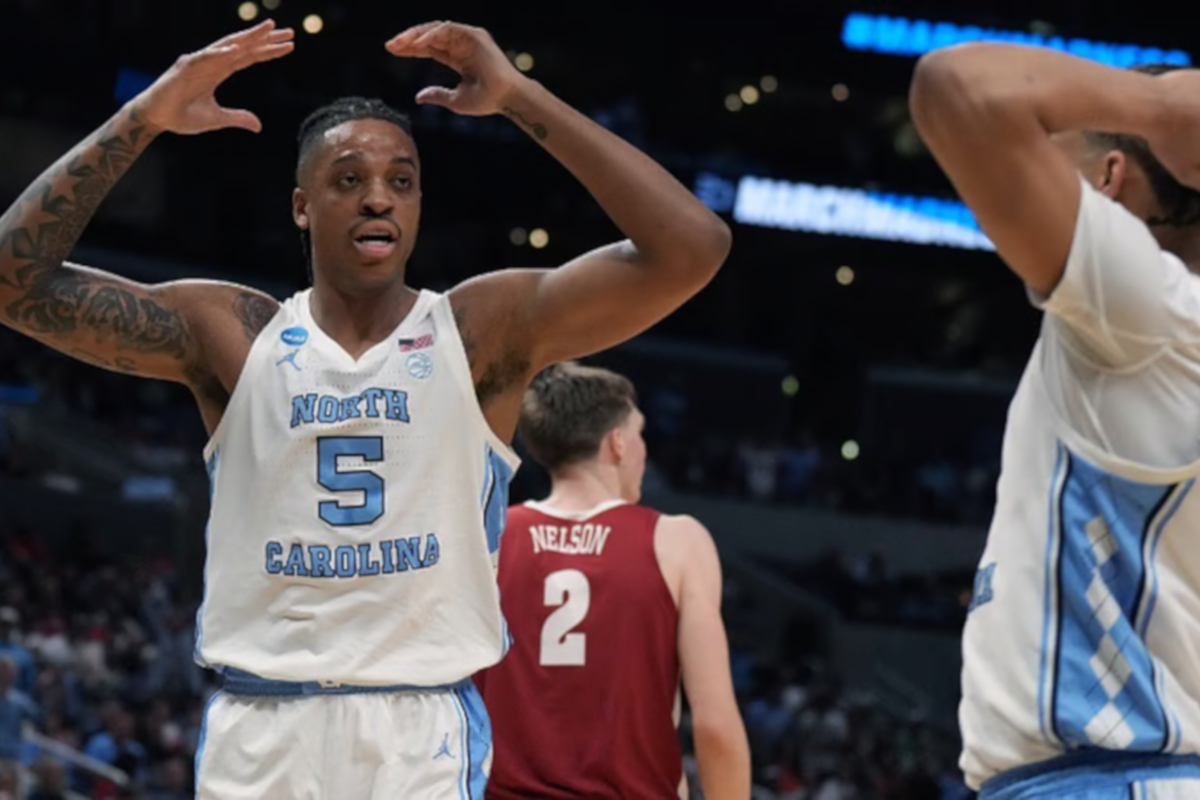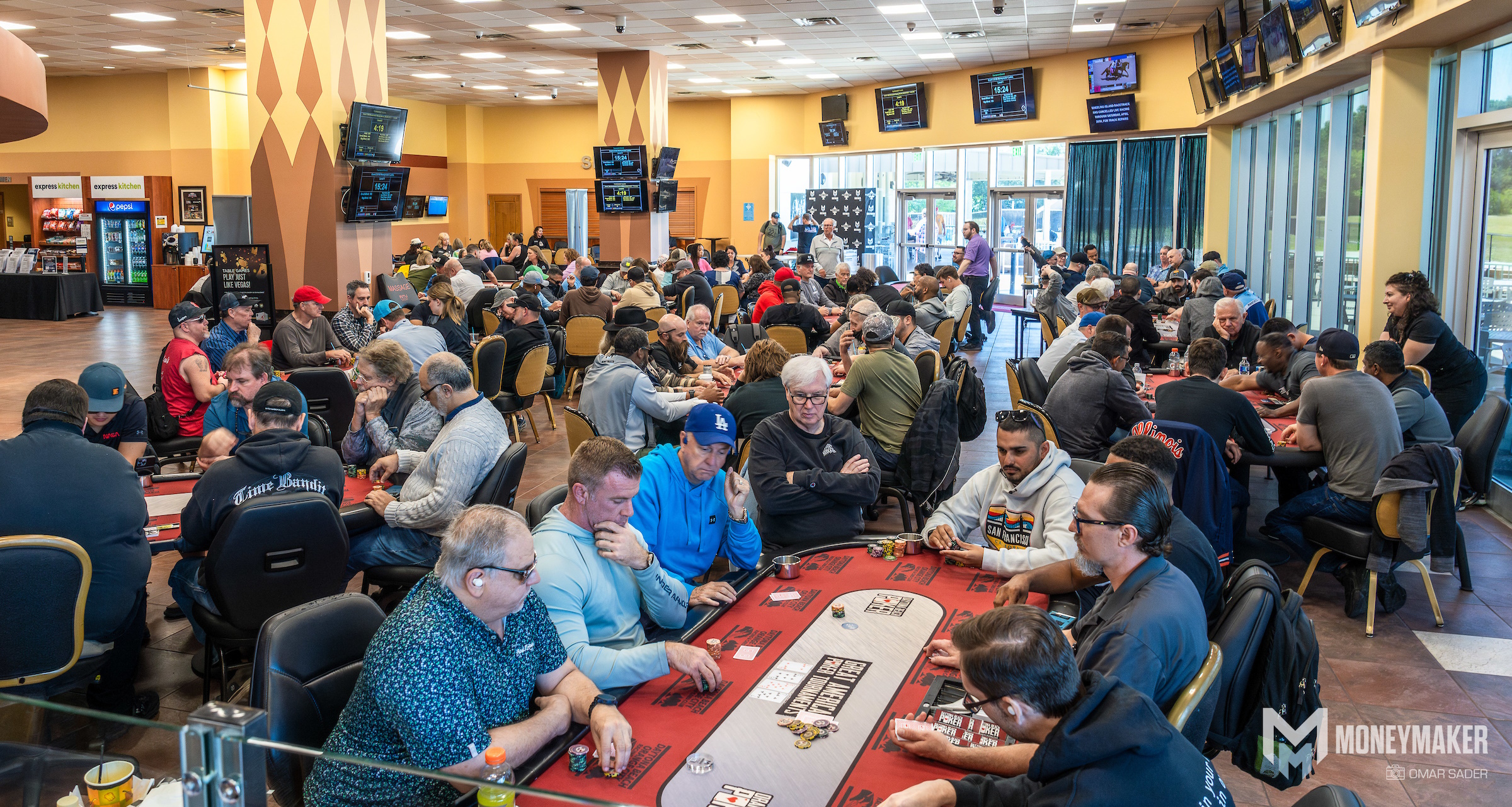
North Carolina Lawmaker to Introduce Bill to End College Player Prop Bets
North Carolina legislator intends to introduce legislation to ban college player prop bets, according to a staff member.
North Carolina State Representative Marcia Morey, D-Durham, a former Olympic swimmer, will submit a bill by the bill filing deadline on Thursday to ban these bets, Hannah Smith, Administrative Assistant, told Gambling.com on Monday.
The North Carolina Legislature began meeting in Raleigh on April 24 with the session set to end on July 31.
Recently, NCAA President Charlie Baker, a former Massachusetts governor, called upon states to ban college player prop bets, which is short for proposition bets. Baker said these bets, based on an athlete’s individual performance such as the over/under on the number of rebounds the player might record, could undermine the integrity of games and lead to harassment of players.
Former North Carolina Tar Heel star Armando Bacot is among athletes who have expressed concern about harassment. Bacot said he heard from fans angry that he didn’t get enough rebounds in an NCAA tournament game against Michigan State – a game the Tar Heels won.
College Prop Bets Allowed in Some States
Some states already ban these bets, while others including Louisiana, intend to impose a ban this summer before the college and pro football seasons begin.
In other states, the proposed ban has met with resistance.
During a recent interview on The Edge, Arkansas casino executive Carlton Saffa told Gambling.com a ban would drive bettors to unregulated offshore sportsbooks or illegal bookies. He said a better solution is to keep those bets legal in regulated markets where irregularities can be spotted.
“Sunshine is the best disinfectant,” Saffa, the Chief Marketing Officer for the Saracen Casino Resort in Pine Bluff, Arkansas, said.
College player prop bets remain legal in Arkansas.
In North Carolina, where statewide mobile sports betting became legal in March, State Representative Jason Saine, R-Lincoln, said in a story on the WNCN-TV website that a college player prop ban is ‘a solution in search of a problem’. If athletes are being harassed, he said, campus police should crack down on those making the threats and make an example of them. A ban won’t stop the problem, Saine said.
“If we ended (player prop bets) tomorrow, this kind of behavior would still continue with fanatical people,” Saine said. “Follow rules of society, you don’t threaten anybody, or you shouldn’t be. And, that’s kind of my take on it. I don’t think we need a whole new set of rules to pursue something like that.”
Morey, the lawmaker proposing the ban, said people are ‘forgetting about the individuals who are actually playing the game and having the pressure on them’.
“Let’s give them a break,” she said.










